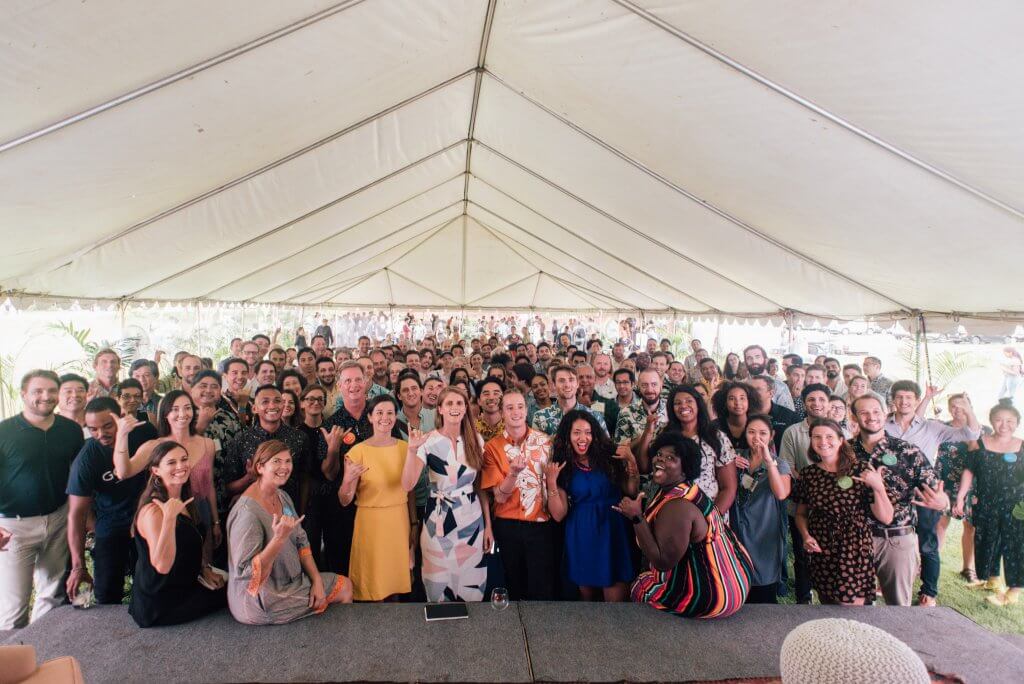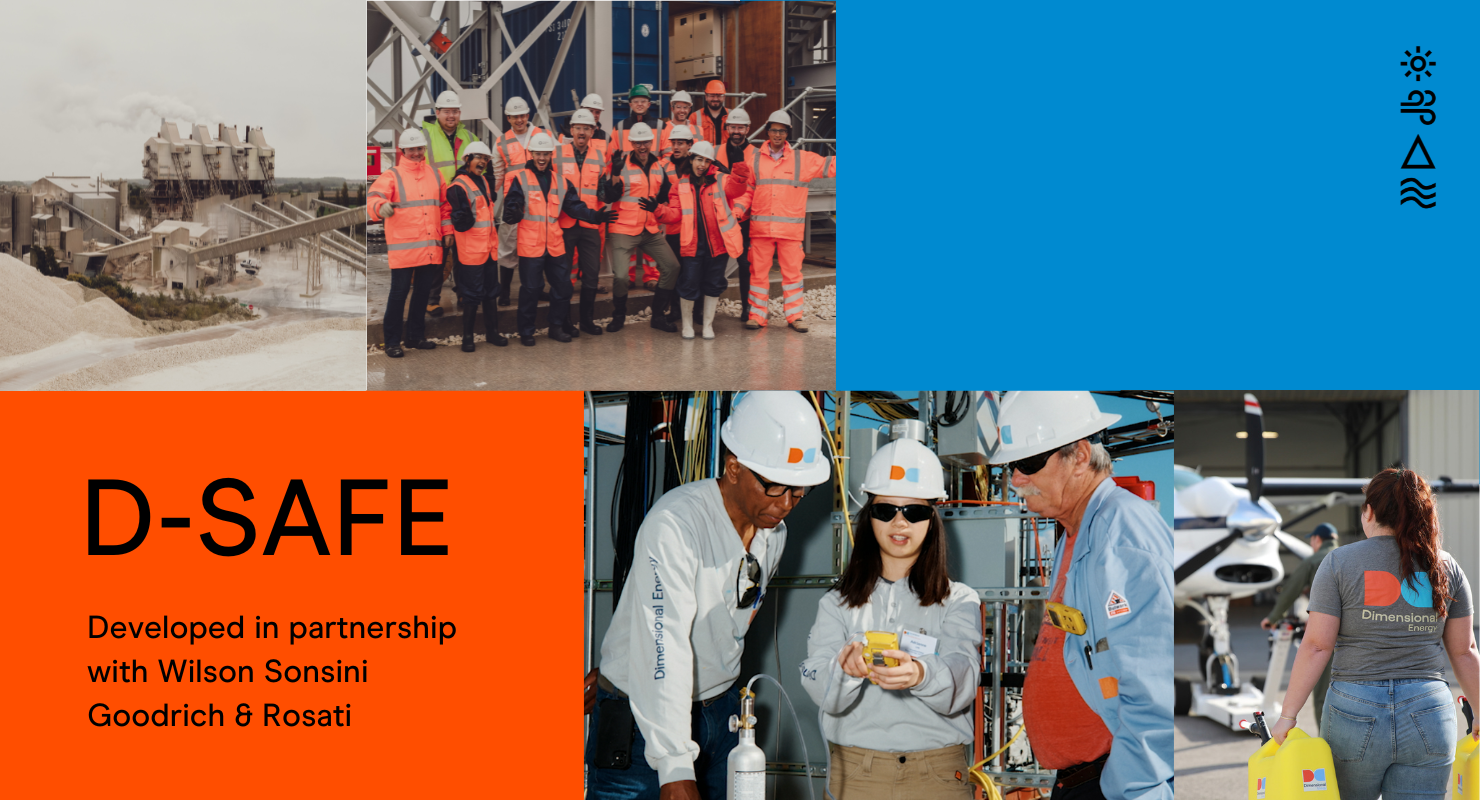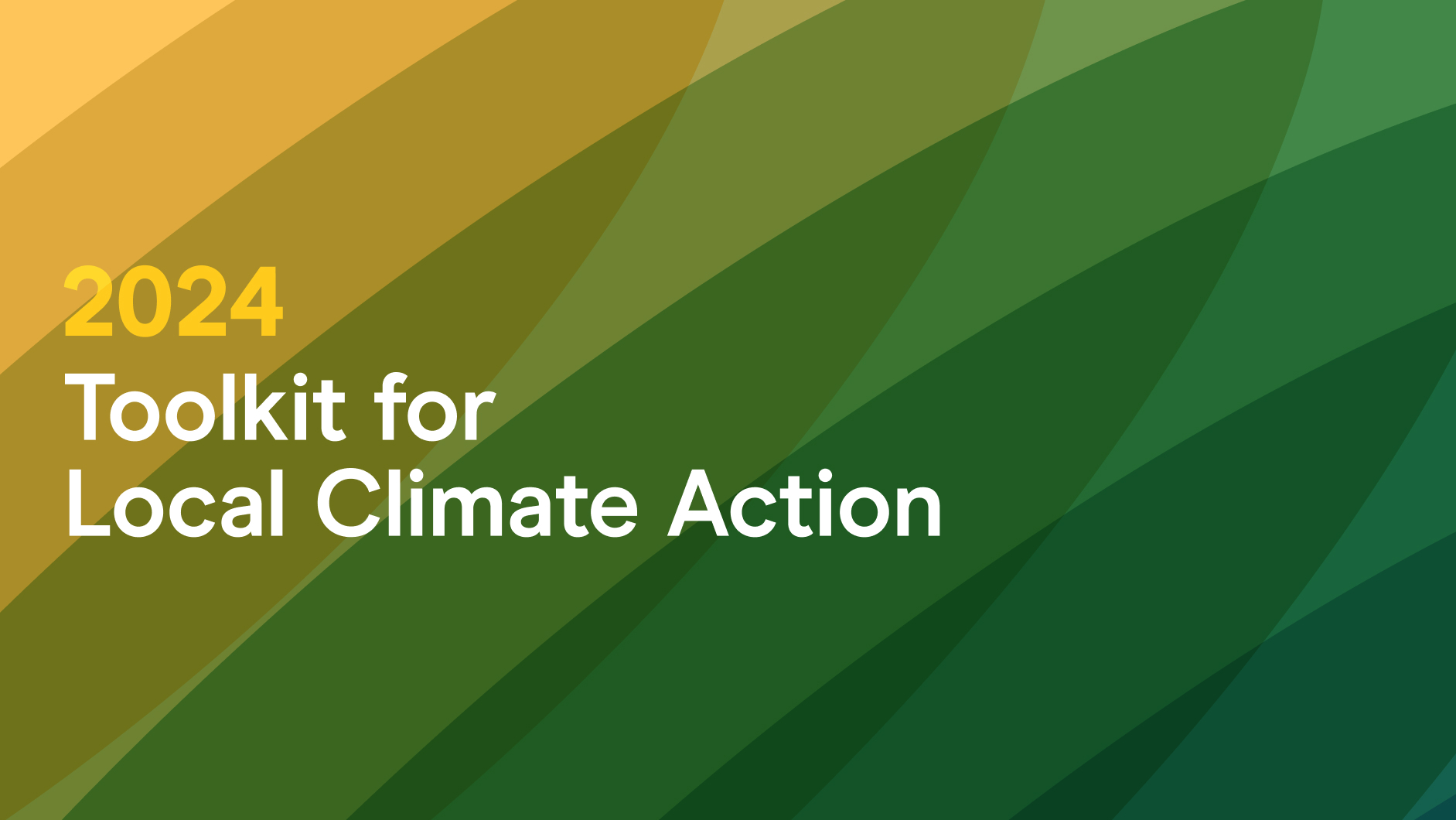
The past few weeks have brought many changes to our lives, but they have also brought opportunities to reflect on how we can improve our current system. As students of the COVID-19 crisis, we have been learning from innovators, entrepreneurs, businesses, musicians and artists about how to adapt to a new reality. We have observed a magical marrying of the entrepreneurial spirit that lives in all of us to tackle today’s most urgent challenges.
Like watching plants sprout from beneath the soil, we have seen Hawaii’s entrepreneurial ecosystem grow. We are incredibly grateful for this ecosystem and the entrepreneurs who have stepped up to address this global pandemic.
One example is Kahanu, a grassroots group of entrepreneurs, engineers, designers and developers working around the clock to locally design and manufacture ventilators. Kahanu took the problem at hand — a global shortage of ventilators to treat people hospitalized due to COVID-19 — and created a solution: an open-sourced bridge ventilator designed and developed by six Hawaii-based entrepreneurs and engineers. They’ve already shared the designs with three international teams and are in the middle of FDA approval.
The team includes Kai Matthes, M.D., Ph.D.; Jeffrey Hayashida; Peter How; Olin Lagon; Blair Schultz; and Ryan Ozawa — each of them connected to Hawaii’s STEM and entrepreneurial landscape. I got to know Olin in 2014 after Shifted Energy, a cleantech startup Olin founded, landed in Elemental’s second cohort.
Since then, Shifted has grown from a team of two with just a prototype to commercial projects across the world. Shifted has benefited from having an ecosystem of resources around them, such as the Entrepreneur’s Sandbox, the coworking space they call home. Investing in entrepreneurs like Kahanu and Shifted is like planting a tree — the surrounding environment will affect the outcome and, when done right, their impacts extend well beyond the fruit they bear.
Another example is Farm Link Hawaii. They have an online logistics platform that connects local farmers to residents to deliver thousands of pounds of local produce each week. They work out of the Impact Hub and are one of Elemental’s newest portfolio companies. Recently, their online marketplace has been reaching maximum capacity within minutes due to the increase in demand for produce deliveries and quickly needed to find more space to run its operation.
Luckily the Kokua Hawaii Foundation heard the call for help and allowed Farm Link to use their Haleiwa General Store as a temporary packing and distribution location. Rob Barreca, Farm Link Hawaii’s founder and CEO, is a software engineer who learned how to farm through GoFarm Hawaii’s training program. Farm Link’s journey has been supported by the entrepreneurial ecosystem every step of the way, which has led them to serving hundreds of residents and local farms in a time of crisis.
Entrepreneurs are an important part of the communities they call home and will be key to rebuilding our economy. Beyond Hawaii, Elemental’s company Goodr is using its food chain data tracking software to bring meals to thousands of students and seniors in Atlanta. Another company called Numina has been using its data platform to help cities across the country make decisions to help reduce the spread of COVID-19. Especially in times of crisis, an entrepreneurial mindset and ability to rapidly prototype solutions are invaluable assets for building community resilience.
Now is the time to double down on our commitment to Hawaii’s entrepreneurial ecosystem. We must prioritize investing in our innovation infrastructure — which includes education, human capital, and other sectors — because it will be key to providing the future jobs and economic growth needed to build a more resilient Hawaii.
This op-ed was originally published in the Honolulu Star-Advertiser




